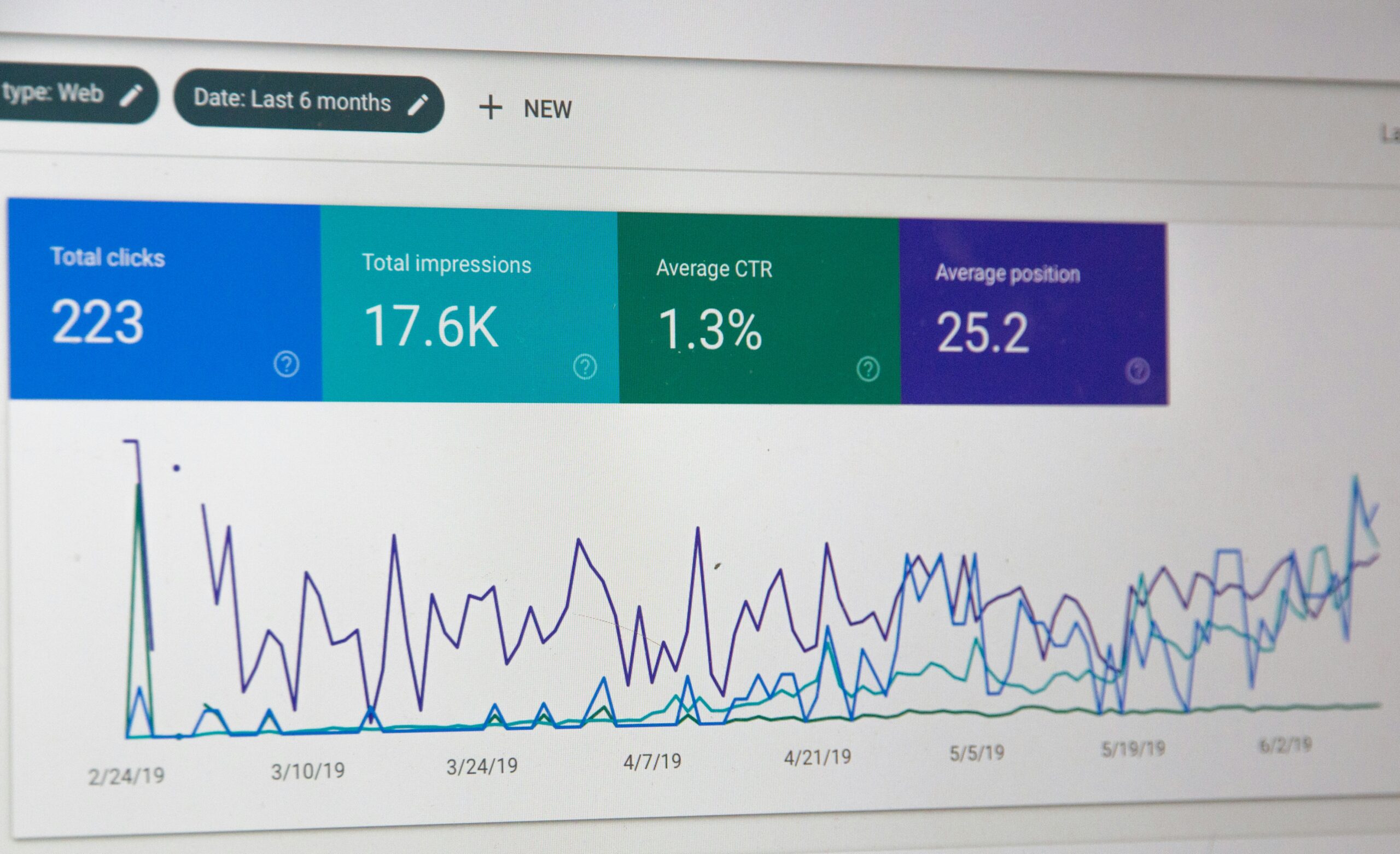Understanding local SEO is crucial for businesses aiming to attract nearby customers. Many organizations struggle with the difference between local SEO and global SEO, which can impact their online visibility. This post will cover essential local SEO strategies, effective techniques for on-page optimization, and how to build authority with local backlinks. By engaging with this content, readers will learn how to improve their search rankings, drive more traffic to their websites, and ultimately increase their customer base.
Key Takeaways
- Local SEO enhances visibility for businesses within specific geographic areas
- Accurate Google My Business profiles attract more local customers
- Utilizing localized content drives engagement and improves search rankings
- Building local backlinks strengthens authority and visibility in local searches
- Monitoring analytics helps businesses refine their local SEO strategies effectively
Understanding the Importance of Local SEO Strategies for Websites

Local SEO focuses on optimizing a website for specific geographic locations. Key components include localized content, Google My Business listings, and local backlinks. Recognizing the impact of local search is crucial for small businesses aiming for visibility in their communities. This strategy differs from global SEO, which targets a broader audience without location constraints.
Defining Local SEO and Its Key Components
Local SEO is a practice that helps businesses promote their products and services within a specific geographic area. It emphasizes the importance of optimizing a website to appear in local search results, which includes creating localized content, claiming Google My Business listings, and building local backlinks. For businesses aiming to attract customers in their community, these components play a significant role in improving visibility and driving engagement.
Recognizing the Impact of Local Search on Small Businesses
Local search has a significant effect on small businesses, as it directly influences how customers find services in their area. According to recent statistics, a large percentage of consumers seek local information before making a purchase, highlighting the need for businesses to optimize their online presence. By utilizing local SEO strategies, such as creating localized content and maintaining an accurate Google My Business profile, small businesses can attract more foot traffic and stand out in their community, ultimately enhancing their chances of success.
Differentiating Local SEO From Global SEO
Local SEO and global SEO serve different purposes, catering to varied audiences based on geographic needs. Local SEO aims to drive traffic from users searching for services within a specific area, utilizing techniques like localized keywords and Google My Business optimization. In contrast, global SEO casts a wider net, focusing on attracting users from around the world, often employing broader keywords and tactics that appeal to a wider demographic.
- Local SEO focuses on geographic targeting to attract nearby customers.
- Global SEO targets a wider audience without geographic emphasis.
- Local keywords are critical for local SEO; broader keywords are used in global SEO.
- Google My Business is a vital tool for local SEO but not necessary for global strategies.
Implementing Effective Local SEO Techniques

Optimizing a Google Business Profile enhances visibility and helps attract local customers. Using location-based keywords within content creation ensures relevance in searches. Dedicated location pages can target specific areas effectively. Incorporating local business schema markup improves search results while focusing on online reviews, which helps manage reputation. Each of these techniques plays a vital role in mastering local SEO.
Optimizing Your Google Business Profile for Visibility
Optimizing a Google Business Profile is essential for enhancing visibility in local searches. Businesses should ensure that all information is accurate and complete, including contact details, operating hours, and location. Regularly posting updates and responding to customer reviews can also make the profile more engaging, helping attract local customers.
Utilizing Location-Based Keywords for Content Creation
Utilizing location-based keywords is a key strategy in local SEO that helps businesses rank higher in relevant search results. By incorporating keywords that reflect the specific area or community served, such as “plumber in Springfield” or “best pizza in downtown Atlanta,” businesses can reach potential customers actively searching for nearby services. This targeted approach not only drives more local traffic but also aligns content with the interests of the audience, making it easier for them to find solutions that meet their needs.
Creating Dedicated Location Pages for Targeted Areas
Creating dedicated location pages is an effective technique for businesses seeking to enhance local SEO. These pages should focus on specific areas served by the business, allowing for targeted keywords that attract customers in those regions. For example, a restaurant in several neighborhoods should have separate pages for each location, detailing unique offerings and events in that area:
Incorporating Local Business Schema Markup
Incorporating local business schema markup is an effective method for improving local SEO. This structured data helps search engines understand essential details about a business, such as its address, phone number, and operating hours. By using schema markup, businesses can display rich snippets in search results, making them more appealing to potential customers searching for services in their area.
Improving Online Reviews and Reputation Management
Improving online reviews and managing reputation are crucial tactics for businesses aiming to enhance local SEO. Positive reviews not only influence potential customers but also boost rankings in local search results. Encouraging satisfied customers to leave feedback and promptly addressing any negative comments shows that a business values customer input, ultimately fostering trust and attracting more local clientele.
- Encourage positive customer feedback.
- Address negative reviews quickly and professionally.
- Monitor reviews consistently to manage online reputation.
Enhancing on-Page SEO for Better Local Rankings

Structuring a website with local intent is vital for strong local SEO. This includes optimizing meta tags and descriptions to include relevant local keywords. Crafting content that resonates with the local audience enhances engagement, driving more traffic. Each of these strategies plays a critical role in improving local search visibility and establishing a business as a community leader.
Structuring Your Website With Local Intent in Mind
Structuring a website with local intent is essential for improving local SEO rankings. This involves optimizing meta tags and descriptions to include local keywords relevant to the business’s geographic area. For example, a bakery in Austin can use phrases like “best cupcakes in Austin” to ensure that the website resonates with local customers searching for specific products, ultimately increasing visibility and engagement.
Optimizing Meta Tags and Descriptions for Local Keywords
Optimizing meta tags and descriptions for local keywords is a vital part of enhancing on-page SEO. By including specific phrases that reflect the geographical area, like “best bakery in Seattle,” businesses can improve their chances of ranking higher in local search results. This practice not only makes it easier for potential customers to find relevant services but also increases engagement by clearly communicating what the business offers in that location:
- Identify local keywords that align with the business’s profile.
- Incorporate these keywords into meta tags and descriptions.
- Ensure the content is clear and relevant to local customers’ needs.
Crafting Locally Relevant Content to Engage Visitors
Crafting locally relevant content is essential for engaging visitors and improving on-page SEO. By focusing on topics and issues that matter to the community, businesses can connect with their audience on a personal level. For instance, a coffee shop in Seattle might write about local events or seasonal ingredients to attract nearby customers, creating a sense of connection and encouraging them to visit.
Building Authority With Local Backlinks

Identifying local business partnerships for link opportunities is essential for building authority. Utilizing local directories and citations effectively boosts visibility in searches. Engaging in community events offers networking and exposure, further enhancing local connections. Each of these strategies plays a significant role in strengthening local SEO, leading to improved rankings and greater online success.
Identifying Local Business Partnerships for Link Opportunities
Identifying local business partnerships for link opportunities is a practical way to enhance local SEO efforts. Businesses can collaborate with nearby companies by co-hosting events or creating joint promotions, which not only fosters community ties but also generates valuable backlinks. By sharing resources and linking to each other’s websites, local businesses strengthen their authority online and improve their chances of ranking higher in local search results.
Utilizing Local Directories and Citations Effectively
Utilizing local directories and citations effectively is vital for businesses aiming to enhance their local SEO. By listing the business in relevant local directories, such as Yelp or Yellow Pages, businesses increase their visibility and create valuable backlinks. Ensuring information consistency across these platforms, such as the business name, address, and phone number, helps build trust with both search engines and potential customers:
- Choose reputable local directories to list the business.
- Ensure consistency of contact information across all listings.
- Regularly update citations to reflect any changes in the business.
Engaging in Community Events for Networking and Exposure
Engaging in community events provides an excellent opportunity for businesses to network and gain exposure while enhancing their local SEO through valuable backlinks. By participating in local fairs, sponsorships, or charity events, businesses can connect with other local entities and share resources, leading to mutual backlinks. These partnerships not only build authority but also foster a sense of trust and recognition in the community, making it easier for potential customers to find them online.
Measuring and Tracking Local SEO Performance

Measuring local SEO performance involves using analytics tools to monitor local search traffic effectively. Tracking keyword rankings in local search results provides insight into visibility. Businesses can then adjust strategies based on performance data to enhance local outreach. Each of these elements is vital for understanding and improving local SEO efforts, ultimately driving better results.
Using Analytics Tools to Monitor Local Search Traffic
Using analytics tools is crucial for businesses to monitor local search traffic and evaluate the effectiveness of their local SEO strategies. Tools like Google Analytics can provide insights into which keywords bring local customers, as well as how users interact with the website. By analyzing this data, businesses can adapt their content and marketing efforts to meet the needs of their target audience better, ultimately leading to improved local rankings and increased customer engagement.
Tracking Keyword Rankings in Local Search Results
Tracking keyword rankings in local search results is essential for businesses aiming to enhance their visibility. By regularly monitoring which keywords are driving local traffic, companies can identify opportunities for improvement. For instance, if a business notices an increase in searches for “best coffee in town,” it can focus more on optimizing content around that term, helping to attract more local customers and improve rankings.
Adjusting Strategies Based on Performance Data
Adjusting strategies based on performance data is essential for businesses looking to enhance their local SEO efforts. By regularly reviewing analytics tools, companies can see which keywords are effectively attracting local traffic and which areas need improvement. For example, if a business notices low engagement from specific locations, it can modify its content or advertising strategies to better cater to those audiences, thus improving visibility and driving more local leads.
- Review analytics tools to gather key performance insights.
- Identify underperforming keywords and adjust content strategies.
- Focus on targeted local areas needing improvement.
Conclusion
Mastering local SEO is crucial for businesses looking to enhance visibility in their communities. With more consumers searching online for local products and services, a strong local presence can significantly impact success. By implementing strategies such as optimizing Google Business profiles and creating relevant, targeted content, businesses can effectively attract nearby customers.
Understanding the difference between local and global SEO is important, as it emphasizes the need for customized approaches tailored to specific audiences. Local SEO tactics like keyword research, managing online reviews, and maintaining consistent business information can improve rankings and build trust within the community.
Ultimately, embracing local SEO not only boosts search engine visibility but also drives traffic and fosters customer loyalty. Investing in local SEO is essential for sustainable growth and success in today’s competitive marketplace.
